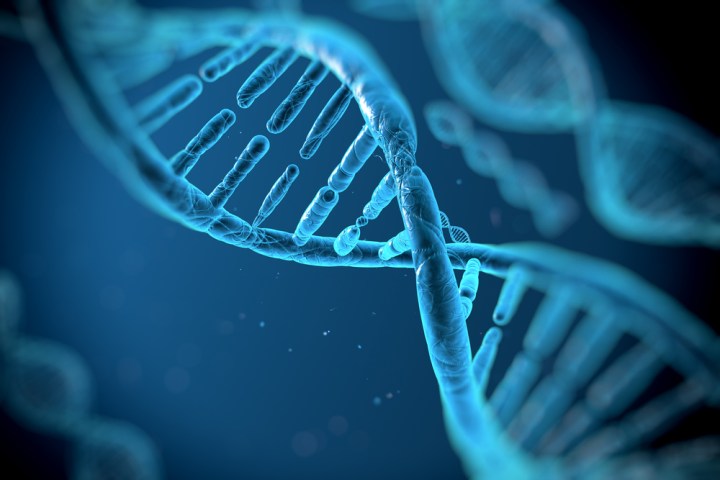
With funding from the National Science Foundation, researchers from the University of Georgia and the Ben-Gurion University in Israel used a single molecule of DNA to create the world’s smallest diode. A diode is a standard electronics component that controls the flow of electricity by allowing it to travel only in one direction.
Related: Intel can’t keep up Moore’s Law, and we’ll all suffer
The diode was created from a specially designed piece of a single, duplex DNA. The strand was an 11 base pair piece of DNA that was connected to a nanoscale electronic circuit. In early trials, the current flowing through the DNA strand exhibited no unusual behavior, so the team decided to integrate molecules of coralyne into the test substance. After adding the coralyne to the DNA strand, the researchers discovered the piece of DNA acted like a diode with a current that was up to 15 times stronger for the negative voltages than the positive voltages.
Described in a recent edition of the journal Nature Chemistry, these DNA-powered nanoscale circuits could transform the field of electronics. “Our discovery can lead to progress in the design and construction of nanoscale electronic elements that are at least 1,000 times smaller than current components,” said Bingqian Xu, who is an associate professor in UGA’s College of Engineering. The team hopes to continue improving their molecular diode and plans to extend the technology to other similar molecular devices.
Editors' Recommendations
- Silicon, watch out — researchers found the future of semiconductors
- DNA, laser-etched glass, and beyond: A peek into the future of data storage




